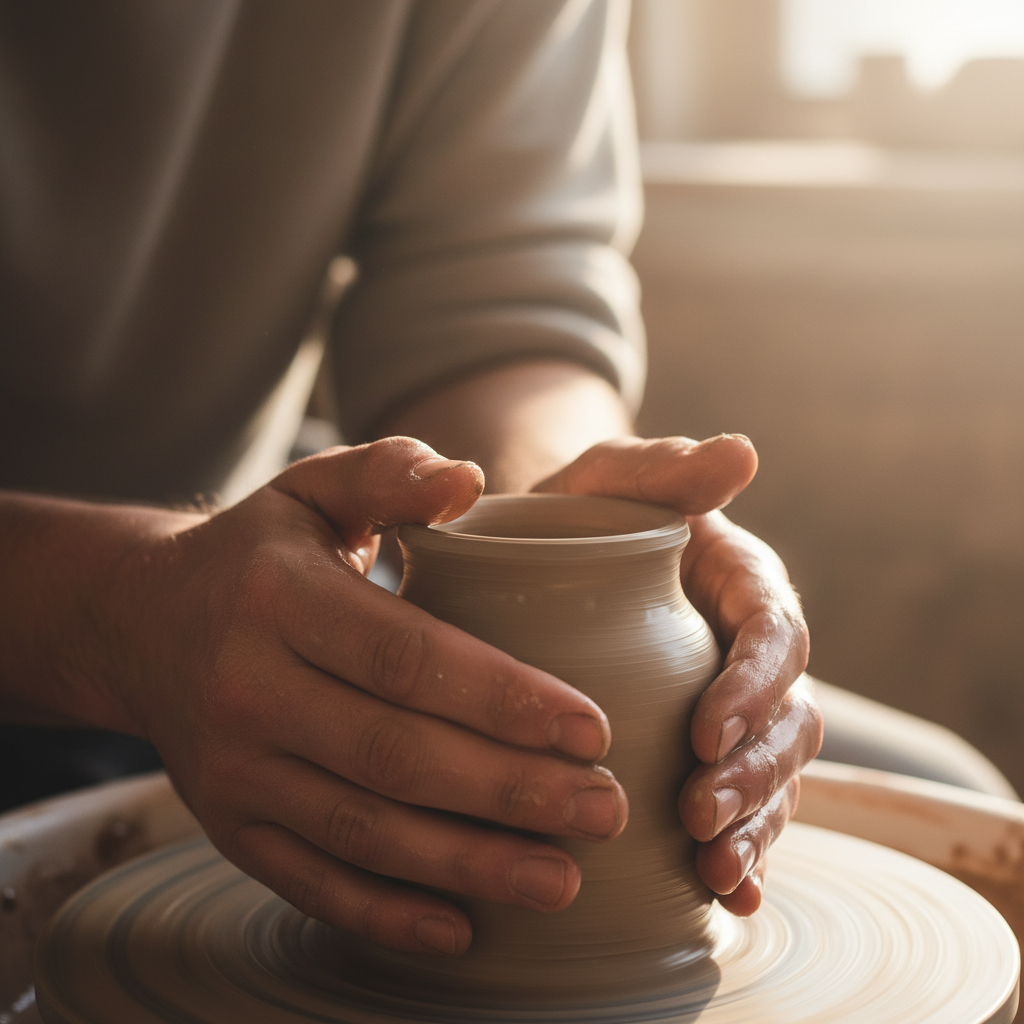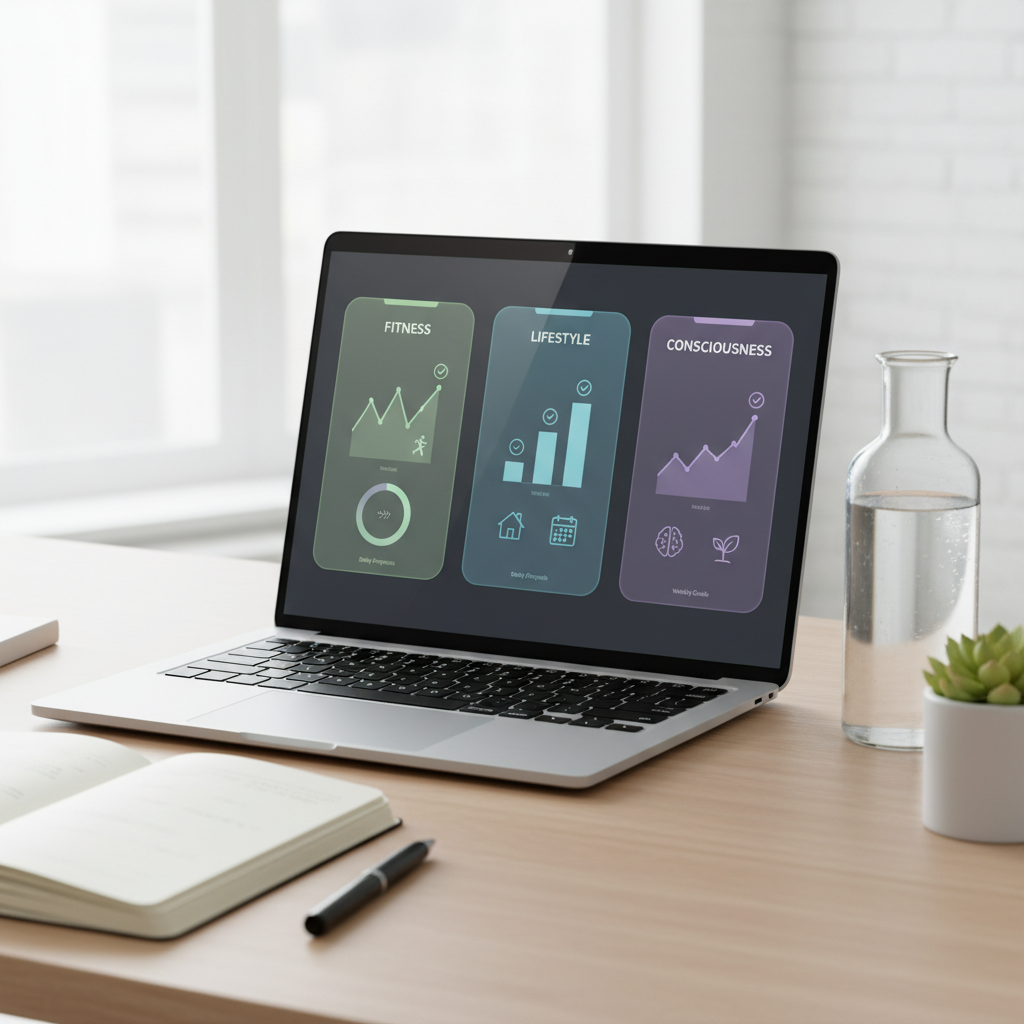Four Pillars to Grow Up—Without Growing Old
By Bill Jamison, Certified Lifestyle Coach
You can lead teams, win awards, and still come unglued when someone cuts you off in traffic.
I know—because I’ve been that guy.
Over my years as a Player Success Coach with the YourDay Balance Game (YDBG), I’ve coached high-achieving professionals who are masters of performance—until they hit an emotional trigger. That’s where the real growth begins.
Here’s what I’ve learned:
Emotional maturity isn’t about suppressing your emotions. It’s about developing the capacity to feel them fully without being ruled by them.
Psychologist Daniel Goleman, author of Emotional Intelligence, identifies self-awareness, self-regulation, empathy, and relationship skills as core components of emotional intelligence—skills that are not only learnable, but life-changing. At YDBG, we’ve translated these into 4 tangible pillars anyone can practice.
Pillar 1: Radical Self-Awareness (Love)
“You can’t change what you don’t acknowledge.” – Dr. Phil McGraw
On a recent coaching call, I had a client who insisted she was “fine,” but her clenched fists said otherwise. I invited her to pause, breathe, and name what she was really feeling. She exhaled and whispered:
“I’m scared.”
That moment dropped her heart rate and softened her entire presence.
Because awareness is the first intervention.
Action Step:
Start an Emotional Trigger Tracker. After a difficult moment, ask:
- What happened?
- What did I feel?
- What did I need?
Pair this with a 3-minute mindfulness check-in, proven in studies from UCLA’s Mindful Awareness Research Center to reduce stress and improve emotional regulation.
Pillar 2: Self-Regulation (Balance)
In the YDBG we teach the TLC Framework:
Trust yourself. Love yourself. Center yourself.
It sounds simple—but it’s deeply effective.
When that same client I referenced hit the same fear trigger later that week, she used TLC. She paused, took three box breaths, and visualized her Balance Chart—a YDBG tool that gamifies healthy habit tracking across seven wellness categories. She stayed anchored instead of reactive.
This is what emotional regulation looks like:
Not running from the storm, but remembering your center in the middle of it.
Psychological Link:
This aligns with Cognitive Behavioral Therapy (CBT) practices, which use breathwork and visualization to interrupt automatic thought patterns and restore perspective.
Pillar 3: Ownership & Accountability
Growth isn’t about avoiding mistakes. It’s about owning them with proactive responsibility.
I had another client who snapped at a teammate. Afterwards, he didn’t justify it away. Instead, he sent a 2-minute Loom video to apologize and outlined a plan to respond differently in the future. No drama. Just leadership.
He also began tracking his Say/Do Ratio—a YDBG metric that calculates how many of your committed actions you actually complete each week. It’s a measurable score inside the Trust App, our behavior-tracking tool designed to build consistency and self-trust.
Research-Backed Insight:
According to research published in the Journal of Applied Psychology, accountability increases intrinsic motivation and significantly improves performance over time.
Pillar 4: Empathy & Perspective (Love, Full Circle)
Carlos began using a technique we call the Three-Minute Mirror:
Before defending his point, he reflects what the other person is feeling.
This practice—rooted in active listening and supported by research from Harvard’s Program on Negotiation—transforms communication. Conversations that used to stretch into days now resolve in minutes.
Important Note: Empathy doesn’t mean agreement.
It means presence. And presence heals more than persuasion ever could.
Daily Practice: The Maturity Meter
Want a simple way to build emotional muscle? Try this nightly check-in:
Rate yourself 1–5 in each area:
- 🧠 Self-Awareness
- 🌀 Self-Regulation
- ⚖️ Ownership
- 💛 Empathy
Whichever score is lowest, build one micro-habit for tomorrow.
Example: “Take a breath before speaking when triggered.”
You can track it in a notebook, on your fridge, or inside the Trust App, which allows you to select and track micro habits across the four pillars.
Final Word: Emotional Fitness Is Daily Work—And Worth It
Emotional maturity isn’t a destination.
It’s a discipline.
Like leg day—daily. Forever.
But the payoff? Emotional sovereignty. Inner peace. Real connection.
Try it for a week.
Then visit www.theydbg.com/trust-app to learn more about the Trust App and start tracking your emotional wins.Because strength isn’t just how much you lift.
It’s how well you lead yourself.
And yes… that’s sexy.







